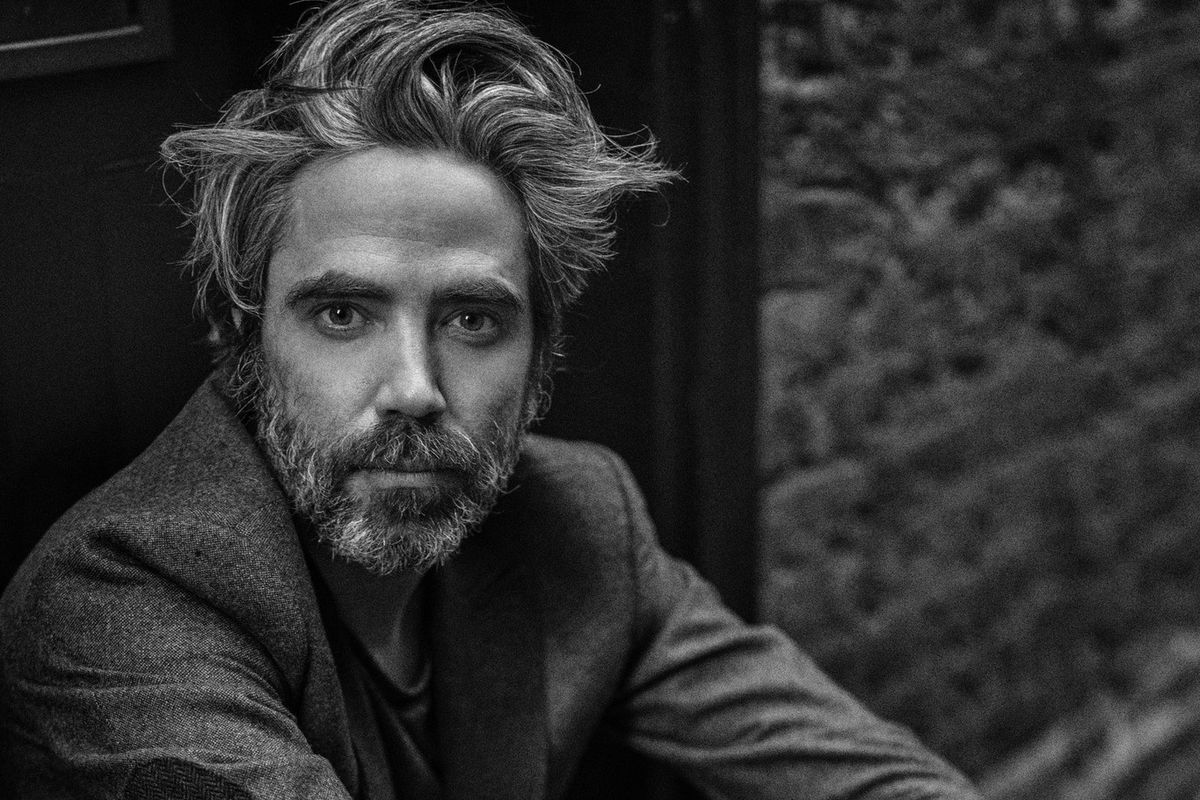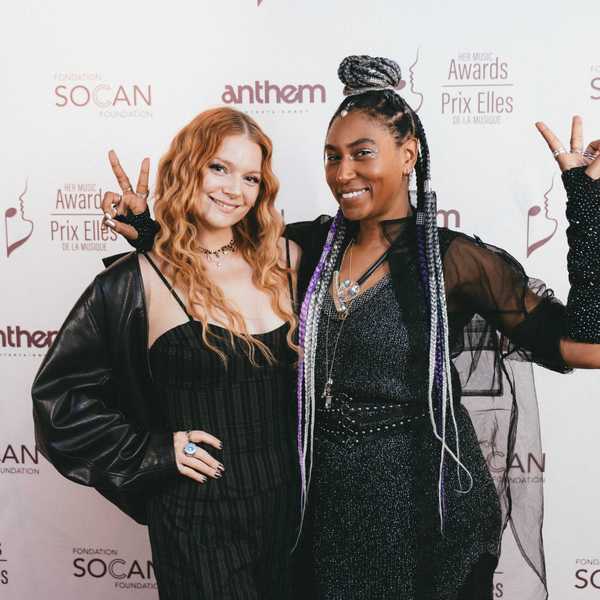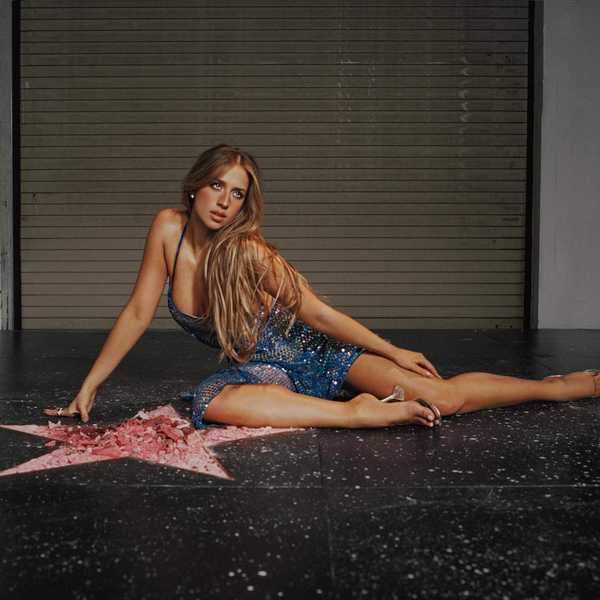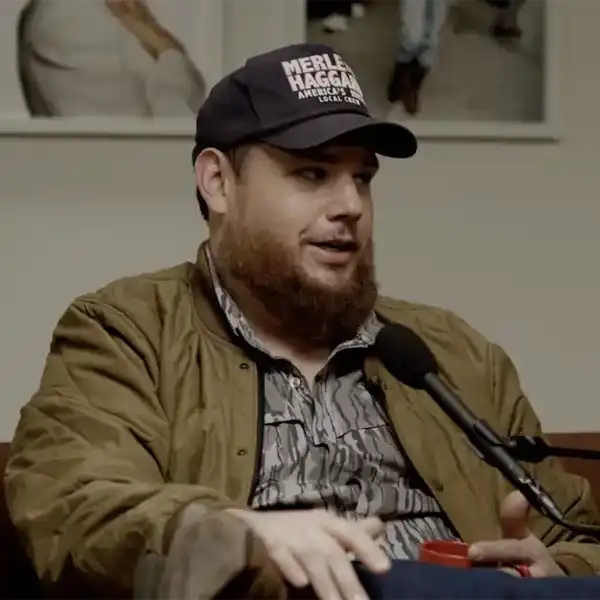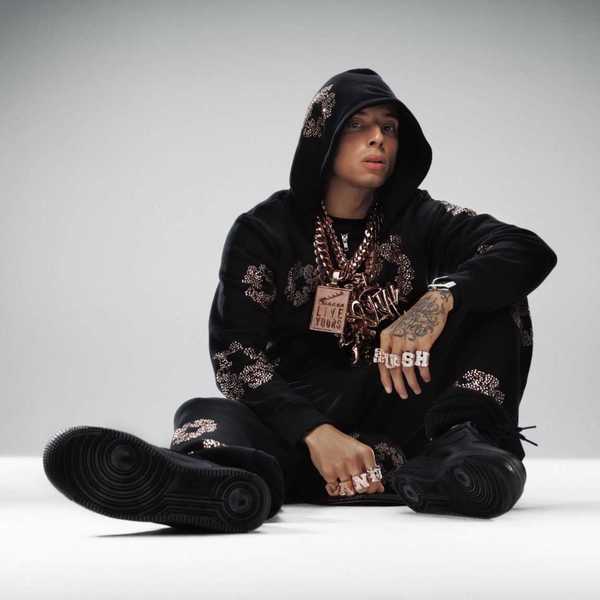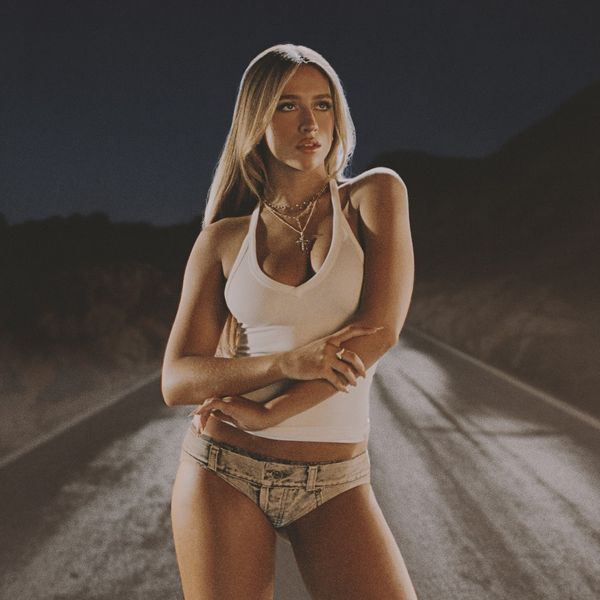Five Questions With… Geoffroy
On November 1, Montreal-based singer-songwriter, multi-instrumentalist and producer Geoffroy released 1952, the follow-up to his 2017 Polaris Prize long-listed debut album Coastline

By Jason Schneider
On November 1, Montreal-based singer-songwriter, multi-instrumentalist and producer Geoffroy released 1952, the follow-up to his 2017 Polaris Prize long-listed debut album Coastline. As demonstrated by 1952’s latest single The Fear Of Falling Apart, a sense of nostalgia permeates the album, which is dedicated to Geoffroy’s mother, who he lost to breast cancer in 2017. In the aftermath, the artist spent a lot of time retracing his steps, writing in the backyard garden of his childhood home and digging through old family VHS tapes.
From start to finish, 1952 is layered in sonic textures, in many ways a continuation of Coastline’s sound achieved with collaborators Gabriel Gagnon, Clément Leduc and Max Gendron, and is the first album completed at the newly christened Homy Studio in Montreal.
In the two years since Coastline, Geoffroy’s reputation in Quebec solidified with a sold-out headlining show at Montreal’s MTelus (formerly Metropolis), while his international fan base has steadily grown through tours of Europe and the single Sleeping On My Own racking up over eight million Spotfiy streams.
Geoffroy performs in Toronto on Nov. 27 at Longboat Hall and in Ottawa on Nov. 28 at the 27 Club, with further dates in western Canada set for February. We recently caught up with him about making 1952 and how it reflects his life to this point.
What makes 1952 stand apart from your past work?
It’s a very personal record, dedicated to my beloved mother. About half the songs touch on losing her to breast cancer, and the other half deal with other introspections related to past relationships. I feel I’ve stepped up my game, not only in the storytelling but in terms of sound as well. My co-producers and I just spent more time crafting this record and paid even more attention to details. It created a more organic sound as a whole, especially when it came to percussion.
What songs on the record are you most proud of and why?
All Around and Fooling Myself, both of which came very naturally. The lyrics in these songs are very personal but reflect exactly my state of mind at the time. In All Around we kept a lot of original takes, and if you listen closely, you can hear a lot of the room in this one, with us singing and talking in the background. Fooling Myself I’ve loved from the very beginning. The song is split into two sections; the first sets a darker tone, creating tension, and the latter releases all that tension and ends the record on a hopeful note, which was intended to mirror my own grieving process.
How would you describe your artistic evolution so far?
I guess you’re always trying to find your sound. I don’t know if you ever find it or if it’s specifically that quest that keeps you going and keeps your creative juices flowing. For years I played on my own, writing songs for just acoustic guitar and vocals, which I found very restrictive after a while. When I started collaborating with other producers and other musicians, that’s when a whole new dimension opened up in terms of songwriting.
What do you recall about your first time performing in public?
It was on a Greek island called Ios, at Harmony, a restaurant/bar overlooking the ocean. It was a sweet spot with a good vibe, where everyone would gather every day around sunset for cheap beers and live music. I had about 50 covers prepared in my back pocket in case this opportunity happened, along with a couple original tracks I was trying out. I ended up singing there for an extended period, doing three-hour sets. That’s how I started accumulating my 10,000 hours of practice.
What are your fondest musical memories as you were growing up?
My mom forced me to take piano lessons at our neighbour’s house. I must have been around eight years old. I liked it once in a while, but the rest of the time it felt like a chore. But she knew best. My best memory related to that is that my mom would always check my nails before I left for my piano lessons. I now do this on my own before every show!

